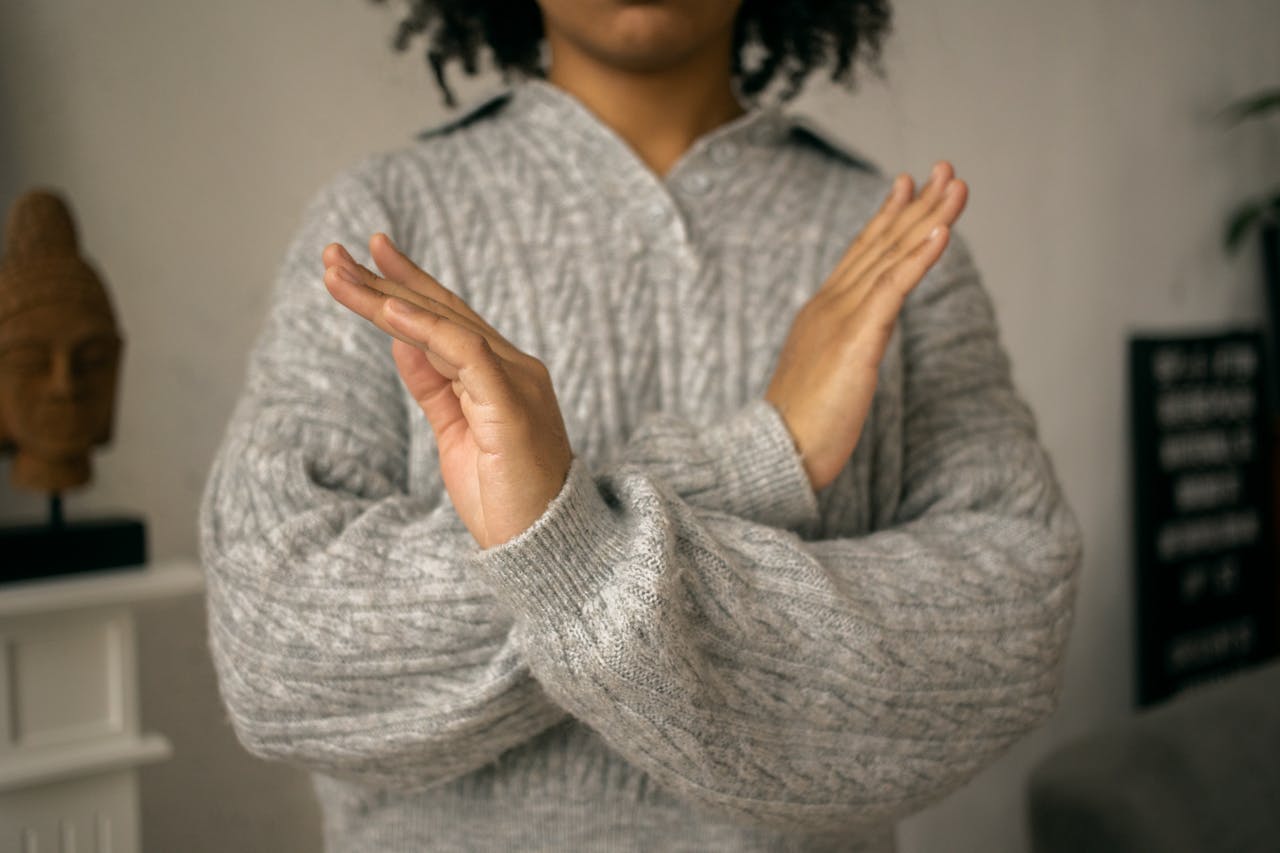
Loss has impacted my life in some ways. My first important expertise was dropping my mom after I was 13 years outdated. My household moved from Nigeria to Saudi Arabia after I was 4 years outdated, and though I don’t bear in mind a lot about it, once we returned to Nigeria once we have been 7 years outdated, I used to be overwhelmed with a combination of feelings that I couldn’t clarify. I grieve the lack of my first college, the nation I got here to know, and the life I started to construct. Later, after I needed to repeat my freshman 12 months of school, I skilled failure and I felt unhappy and misplaced my shallowness. Part of me died in that second – my confidence, perception in myself, and sense of id collapsed. This early expertise taught me that grief just isn’t restricted to dying; It could stem from any main change or separation.
However nothing was extra stunning than dropping his 16-month-old daughter years later. Her dying shook me deeply. She was recognized with Spinal Muscular Atrophy, an incurable genetic illness, and no loss has hit me so deeply. I used to be offended at God for not fulfilling the miracle I prayed for. I felt numb, confused and responsible. I questioned every part I did throughout my being pregnant and questioned if it was my fault.
Cultural myths about grief sophisticated my therapeutic course of. I usually hear “making up for the loss,” as if having one other little one will take away the ache of dropping a daughter. I additionally heard “be robust” however nobody defined it. Why ought to I conceal my true emotions? Why ought to I be anticipated to maneuver on after I’m nonetheless grieving? Worse, if I have been in Nigeria, I would not be allowed to attend my daughter’s funeral. The considered lacking that second is unimaginable.
There’s additionally an ever-present fable: “Time heals all.” However I’ve realized that point alone can’t heal something—it’s the actions we take throughout that point that may convey therapeutic.
The expectation to “be robust” within the face of loss is deeply ingrained in our society. From a younger age, we’re taught to masks ache and placed on a tricky exterior. For me, dropping my daughter meant grappling with heartbreak whereas additionally grappling with the strain to uphold this cultural preferrred. Family and friends inspired me to maneuver on rapidly and urged that one other little one would change my loss. However grief just isn’t a linear course of—it doesn’t conform to social timelines or expectations.
I noticed that grief just isn’t restricted to dying. It could stem from any important loss, comparable to a damaged relationship, lack of a dream, or betrayal. If we proceed to gas cultural misunderstandings, we danger prolonging unresolved grief, which may depart individuals emotionally caught for years.
As I’ve skilled, grief is rarely fully over. As a substitute it’s creating. It has no clear finish; it is a deeply private journey that adjustments over time. Whereas the depth of grief could reduce as you heal, it usually turns into one thing you carry with you in several methods. It might evolve right into a quieter presence that seems at surprising moments, but it surely does not at all times disappear fully. It’s woven into our lives, guiding us on how one can honor what now we have misplaced whereas shifting ahead with hope and resilience.
However then again, unresolved grief can weigh you down and negatively influence your complete life. Lots of my shoppers have lived with unresolved grief for years. Unresolved grief can manifest in lots of dangerous methods, from emotional and bodily ache to influence on relationships and each day functioning. When individuals do not have the area or instruments to course of their grief, grief accumulates with new losses and therapeutic turns into harder over time. It is like an emotional burden that, if not addressed, can develop into painful, inflicting ache to your self and people round you.
Therapeutic is a journey that begins with confronting myths and embracing the vulnerability of grief. Once we rewrite our understanding of loss, we create area for true emotional restoration. Grief remedy was essential to my restoration. It gave me the area to course of my feelings, and with God’s assist, I started to search out peace. It’s additionally necessary to journal, discuss to trusted family members, and step by step enable your self to really feel. Over time, the ache advanced right into a quieter unhappiness. I’m not overwhelmed by grief, however there are nonetheless days after I miss my daughter deeply.
To grieve higher, we’d like sensible instruments—journaling, speaking to professionals, and even sitting quietly with our feelings. These actions enable us to course of loss on a deeper degree and problem the damaging tales we hear. Grief is a pure emotional response to a major loss and is totally different for everybody. It is okay to cry, categorical your emotions, and search assist, whether or not by remedy or speaking to a liked one. Doing this doesn’t make you any much less loyal or robust. Additionally, when you’re undecided what to say to somebody who’s grieving, it is higher to say nothing than empty phrases.
My expertise has taught me that point doesn’t heal every part; time doesn’t heal every part. It’s what we do with this time that enables therapeutic to happen. We should be keen to face ache, bust myths about grief, and embrace the vulnerability that comes with loss. Solely then can we start to search out peace and create area for true emotional restoration. Grief is a journey, and whereas it could by no means fully finish, it does evolve into one thing we will carry with grace.
***
Function picture by Gabby Okay for Pexels

